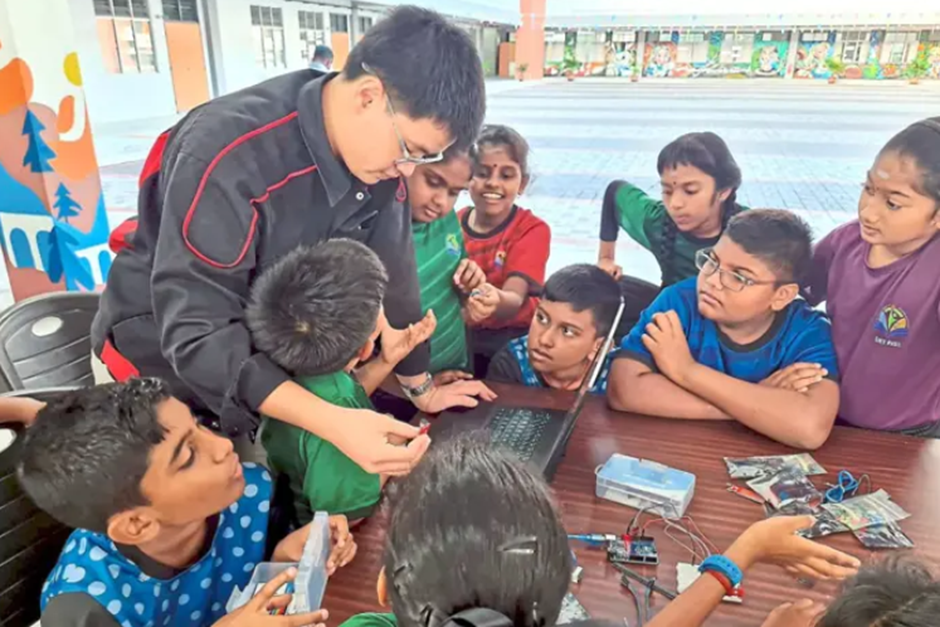Robots to Deliver Food in Jurong East as Part of Trial Involving New NTU Laboratory
- Jun 15, 2021
- 2 min read

Imagine having a robot delivering your meal to your doorstep when you order through a food delivery service.
A trial will be conducted in the second half of this year to have robots deliver food from eateries in Jurong East to JTC Summit.
Such robots are among 16 projects being developed by a new S$50 million corporate laboratory, a collaboration between German automotive firm Continental and Nanyang Technological University (NTU).
An agreement was signed on April 9 between Continental, NTU, JTC and the Land Transport Authority (LTA) to test such robots as part of an autonomous last-mile delivery service trial.
Under the trial, Continental’s autonomous delivery robot platform called Corriere will access JTC's Open Digital Platform (ODP), allowing it to "talk" with different technology systems to fulfil deliveries.
This will allow the robots to communicate with traffic lights in order to cross the roads, clear security turnstiles and access lifts to go up buildings, for example.
Singtel's 5G network will enable communications between robots and the ODP.
NTU will also work with autonomous outdoor navigation technologies as well as develop sustainable business models for the delivery robot platform.
The robots will be tested at NTU's Centre of Excellence for Testing & Research of Autonomous Vehicles before being allowed on public paths and roads.
This comes after local technology firm OTSAW in February began a year-long trial of two robots to deliver parcels and groceries to the lift lobbies of seven Housing Board blocks in Punggol.
The Continental-NTU Corporate Laboratory, launched on Friday by Minister for Transport Ong Ye Kung, is supported by Singapore's National Research Foundation.
It is working on 16 projects in four areas - smart mobility and delivery, artificial intelligence (AI) and software engineering, as well as smart materials and communication technologies.
These include wearable skin patches that can monitor the health of drivers as well as the use of AI to find security flaws in automotive software codes.
The new lab aims to ultimately translate research outcomes into real-world applications, said Continental chief technology officer Dirk Abendroth.
NTU president Professor Subra Suresh said that the new lab is committed to training and upskilling more than 90 full-time researchers from both NTU and Continental, as well as more than 80 NTU undergraduate and postgraduate students.
"While we are focused on translating research outcomes into real-world applications, we must not forget our role as a university to educate, inform and groom the next generation talents," he added.
Source: www.channelnewsasia.com

-01.jpg)


